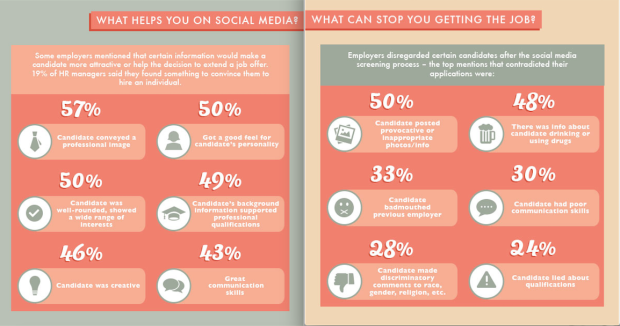
Final Reflections
As we have reached the end of the #UOSM2008 module, we have covered a variety of interesting and thought provoking topics. The lessons I have learned from each topic are briefly summarized in the presentation below.
Created with Haiku Deck, presentation software that’s simple, beautiful and fun.
Continue reading →










